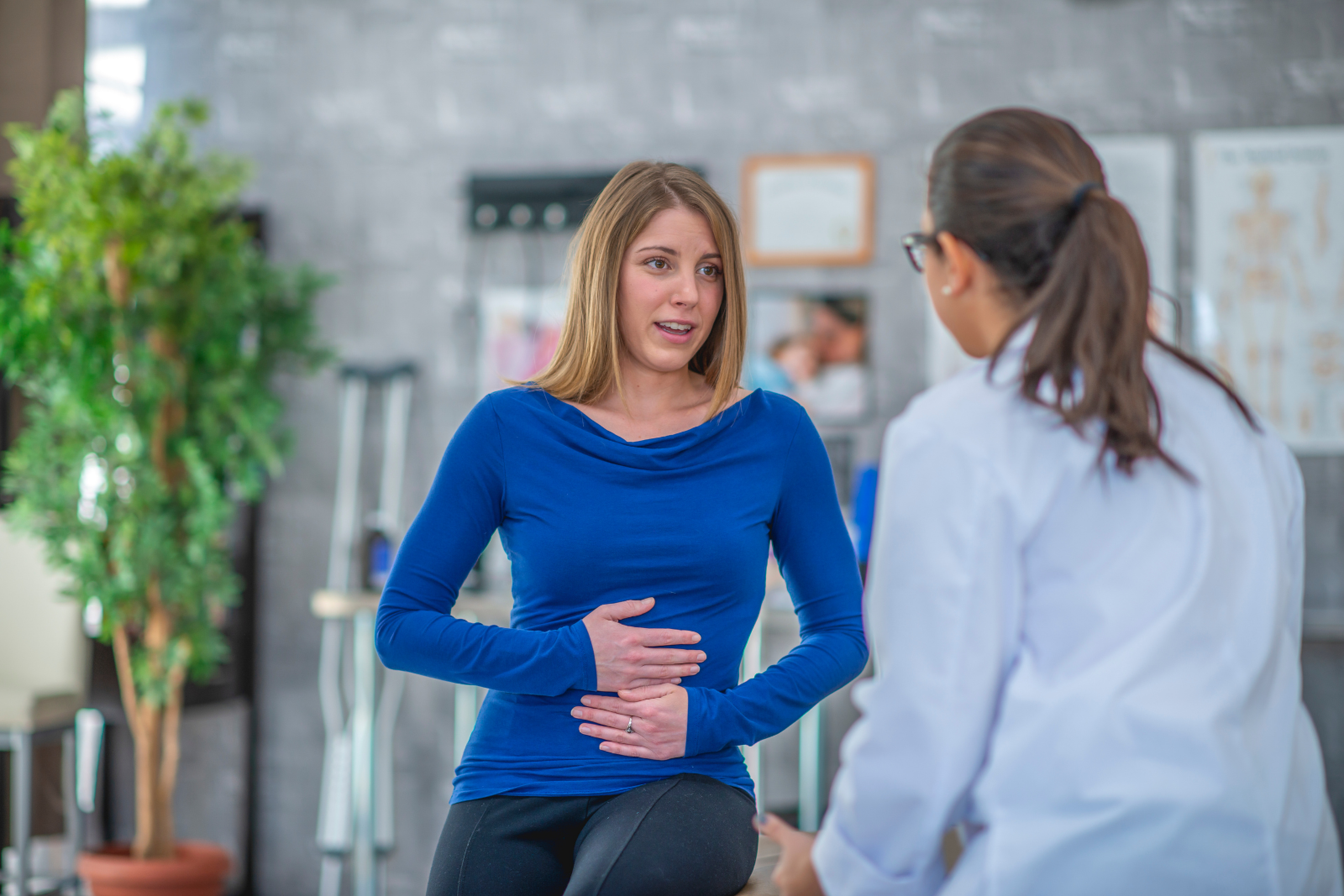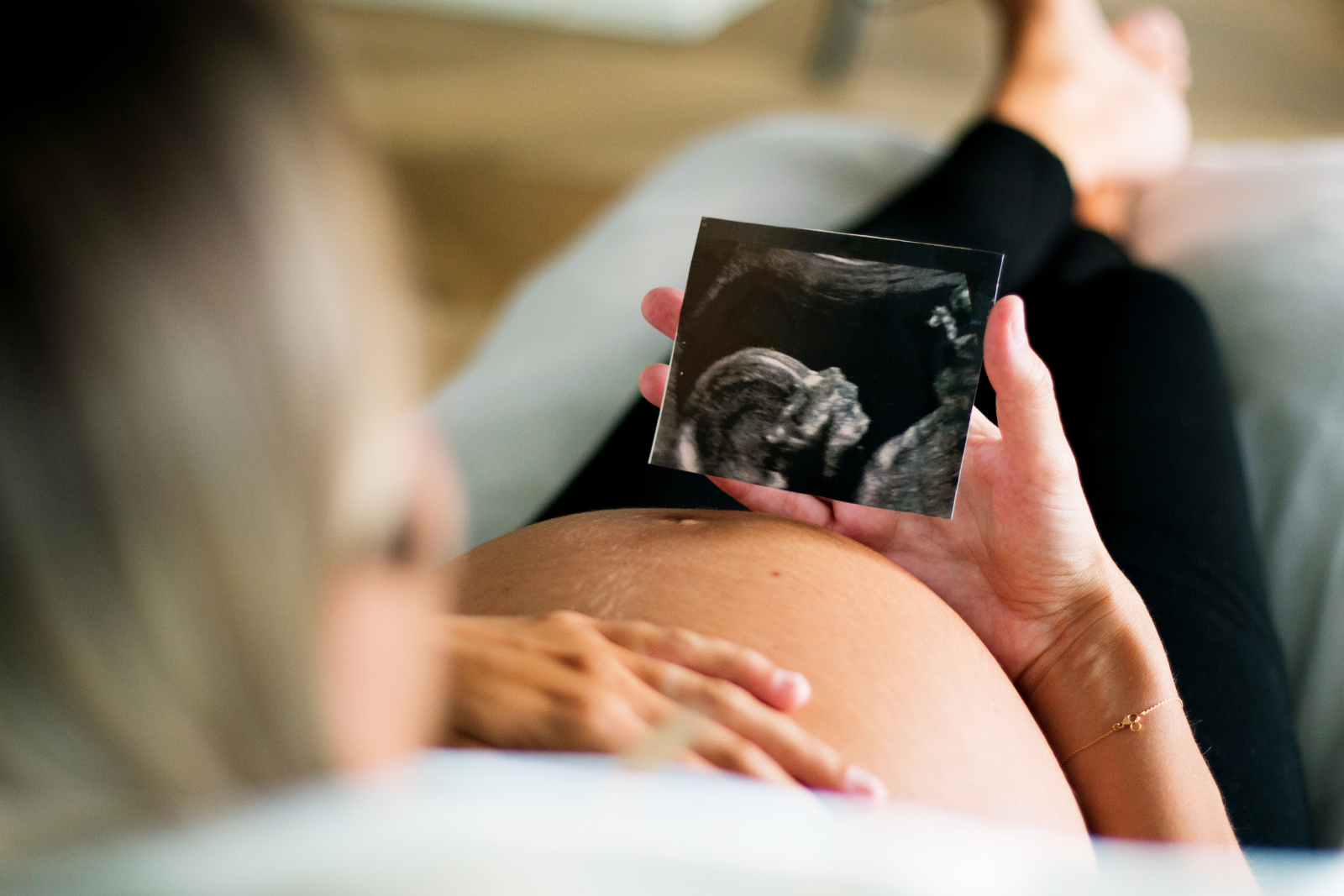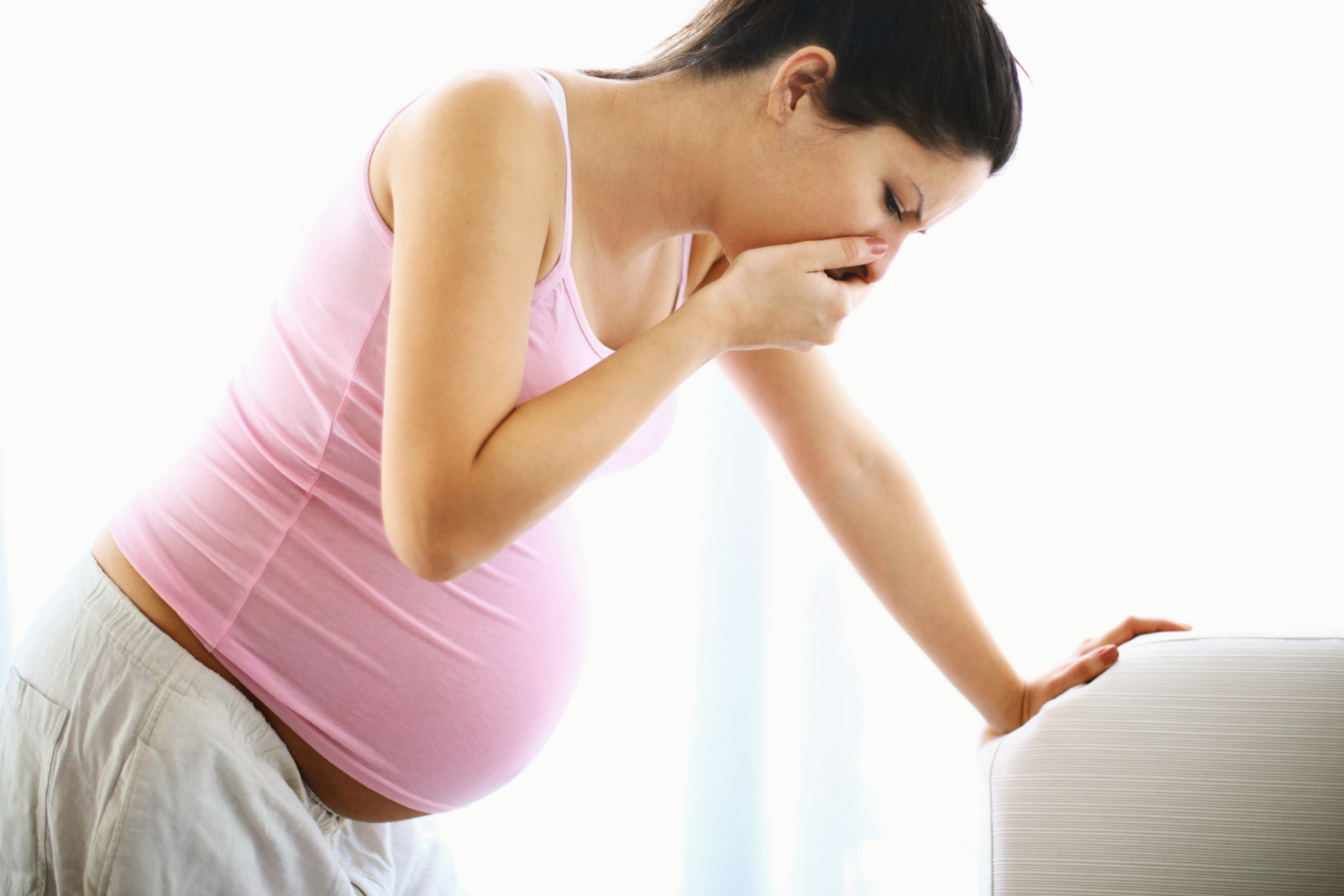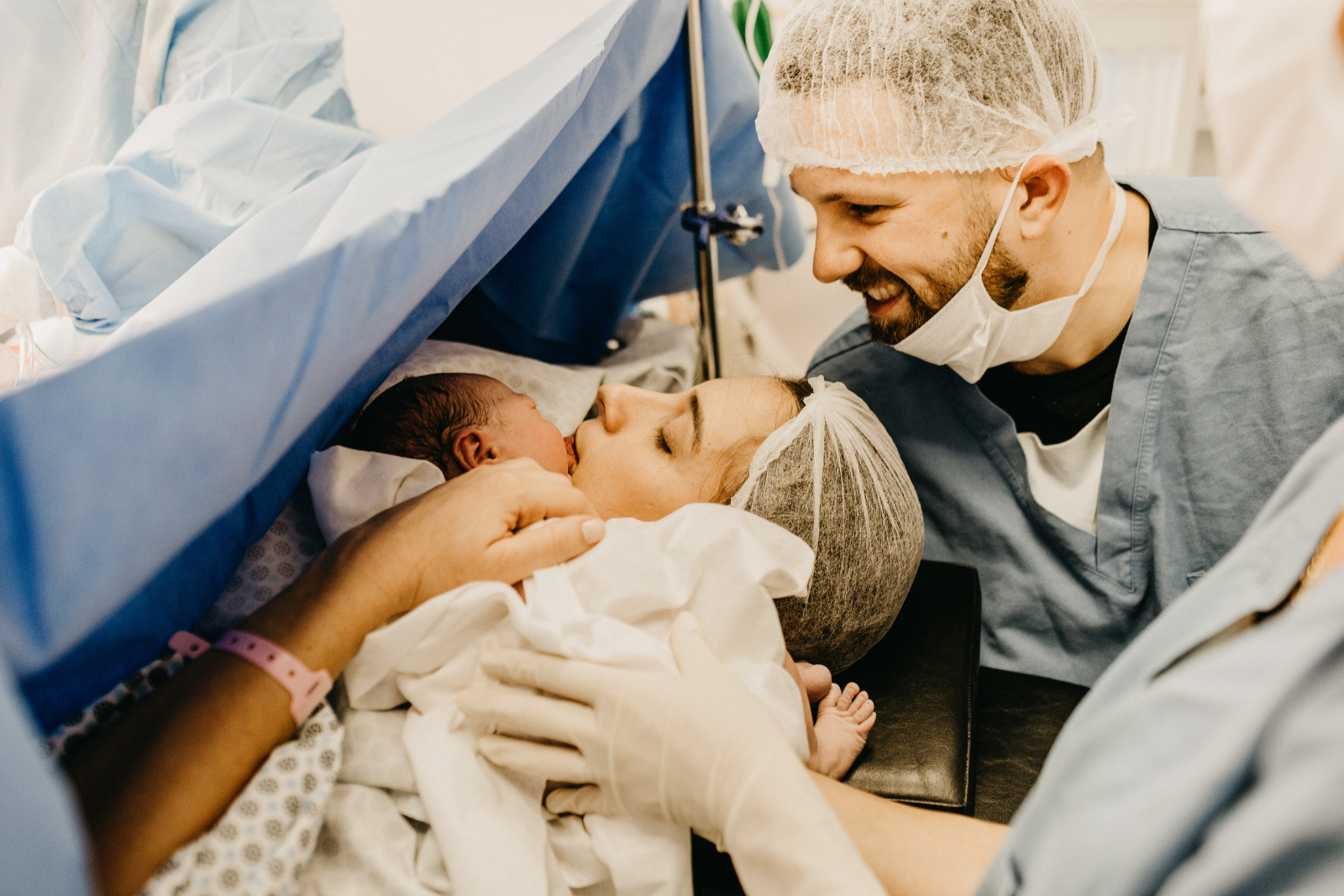Meningococcal is caused by bacteria which infects the blood and/or the membranes that line the spinal cord and brain. This disease can strike at any age, however babies under 12 months & children under 5 years are the most at risk. Most children survive meningococcal disease, but it can progress rapidly, so if it is not diagnosed or quickly treated this potentially devastating infection can cause serious disability or death within 24 hours.
In babies, typical symptoms may be harder to detect, but they may include:
- A temperature above 38°C
- A high-pitched, moaning cry
- Irritable, agitated or unsettled
- Not waking for feeds or being difficult to wake, lethargic or floppy
- Vomiting
- Pale or blotchy skin
- Rash on the skin (small red or purple spots that do not blanch when you press on them with a finger
Symptoms often begin suddenly but may take up to 10 days to appear after being in contact with the bacteria. Some symptoms can be easily mistaken for a common cold and the distinctive meningococcal rash is an advanced symptom may not occur. If you notice these signs of meningococcal infection, attend the nearest hospital emergency department, or immediately see a doctor (whichever is faster) as early treatment with antibiotics is the key to survival.
Much like other infectious diseases, meningococcal is spread via coughing & sneezing, due to tiny drops of fluid from the nose and throat. However, the bacteria can only live outside of the body for a few seconds so you can’t catch meningococcal disease from casual contact.
There are some things you can do to help protect your child from meningococcal:
- Get them vaccinated against meningococcal disease. The National Immunisation Program does include some strains. More info: Australian Government Health Department
- Do not allow anyone to smoke in your home or around your child as children who are exposed to cigarette smoke are at a greater risk of getting meningococcal disease.
- Practice good hygiene such as washing hands & sneezing into elbows, as it reduces the chance of getting bacterial infections or passing them onto others.
To make an appointment with POGS please call (08) 6270 0123 or email: reception@pogs.com.au
















